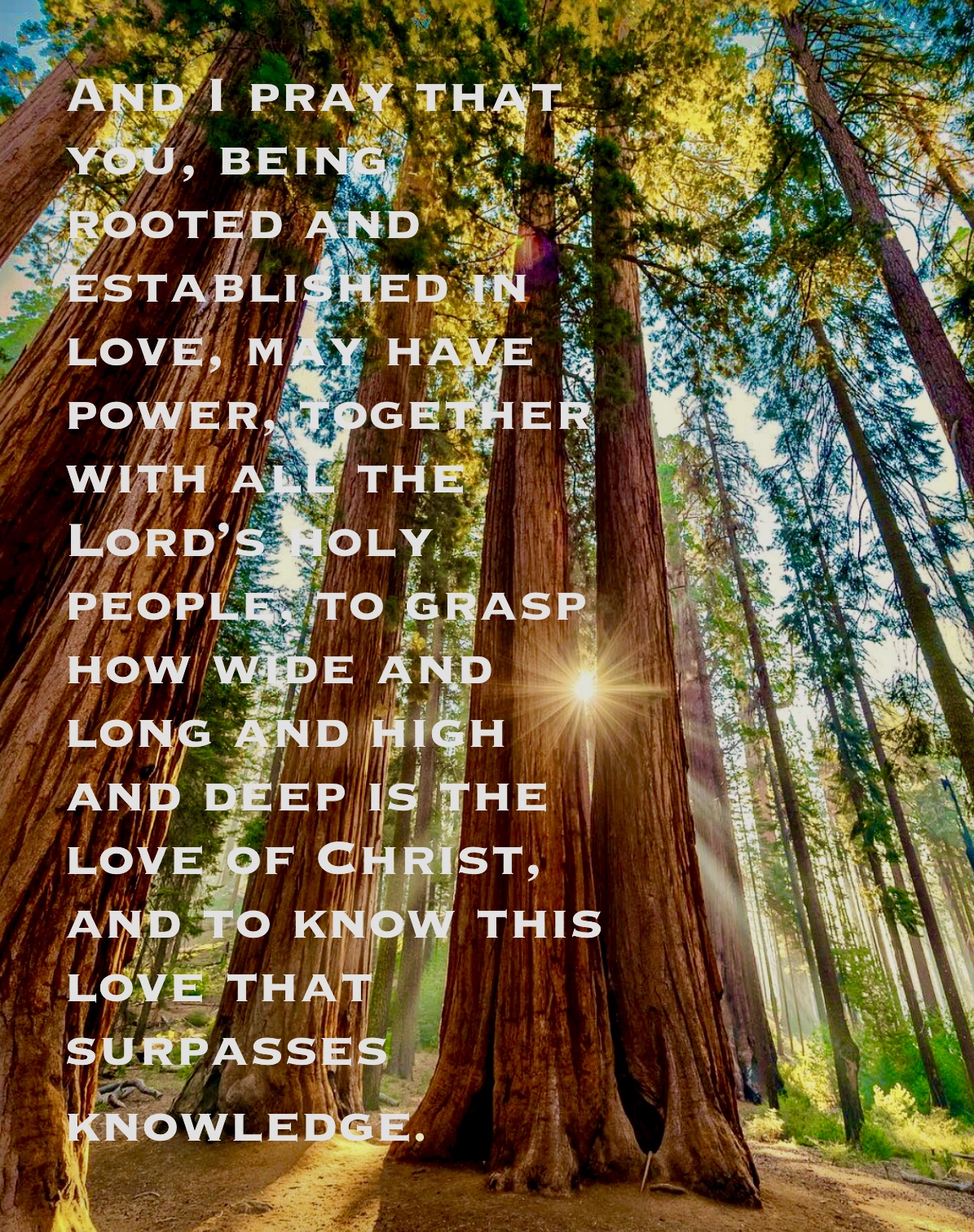I’ve been reflecting again on the fundamental power of beliefs, and how core beliefs impact our choices, relationships, and ultimately our destiny. This brought up the memory of a conversation I had with our team leader out in the village in Mali one day, a conversation that could have been mundane but went unexpectedly deep and turned into a discipleship opportunity. I wrote down my reflections about it that same day – and it just seems like something good to share here.
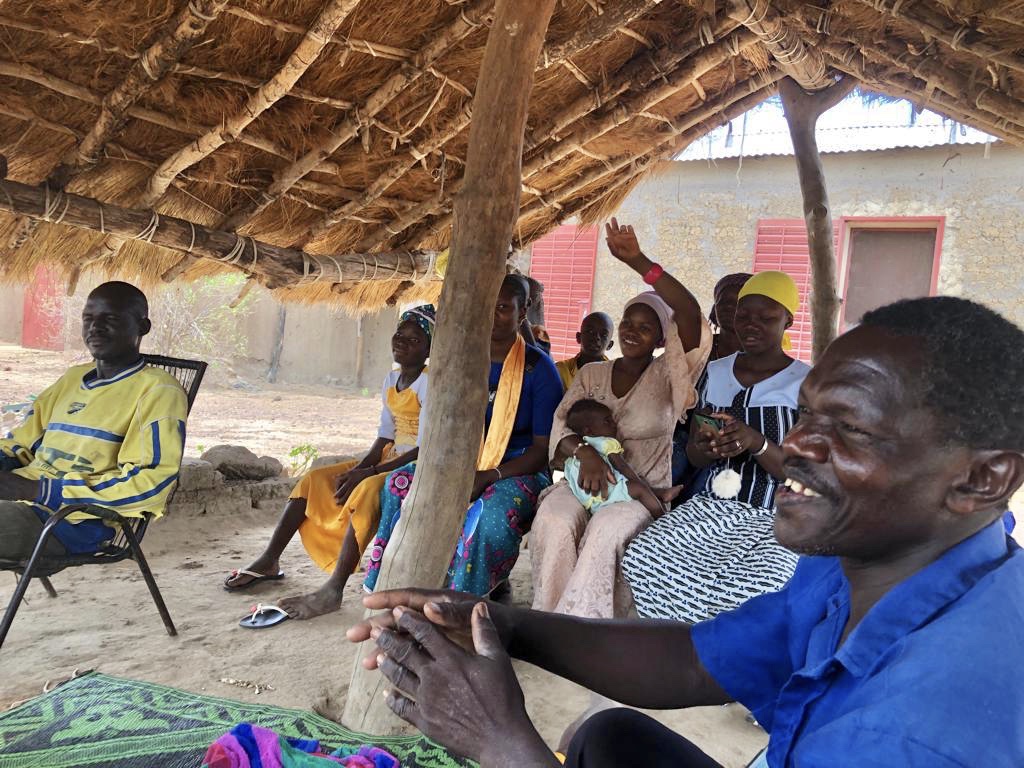
all-purpose meeting, greeting, eating and living space in Malian villages.
Feb. 17, 2019 in a village somewhere in West Africa
“I needed to trim my beard today, as well as shave my head. I really needed to do these things a good three days ago, but when I’m out in the village I tend to leave these personal grooming tasks undone longer than I should. It’s just more of a hassle here where I don’t have a bathroom, much less a bathroom sink and mirror. No one takes longer in the nyege (the mud-brick enclosed pit toilet) than necessary, or in the mud-brick shower enclosure for that matter. My options are 1) to sit outside where the light is good (if not blindingly bright), prop the mirror on a chair opposite the one I’m sitting on, and go at it. I have done this. It draws an audience of fascinated children. Any other man in the village might do this and attract no attention at all, but then as the only toubob (white person) in the entire region I can’t get away with that. The second option is what I usually go for: to sit in my room where the light is not so good, prop the mirror on the same little table that is my desk, dining table and general work surface, and begin the tedious process with a pair of scissors. I realize that this is not something to complain about, and I assure you I am not complaining. That would be petty. I am coming around to a serious subject..
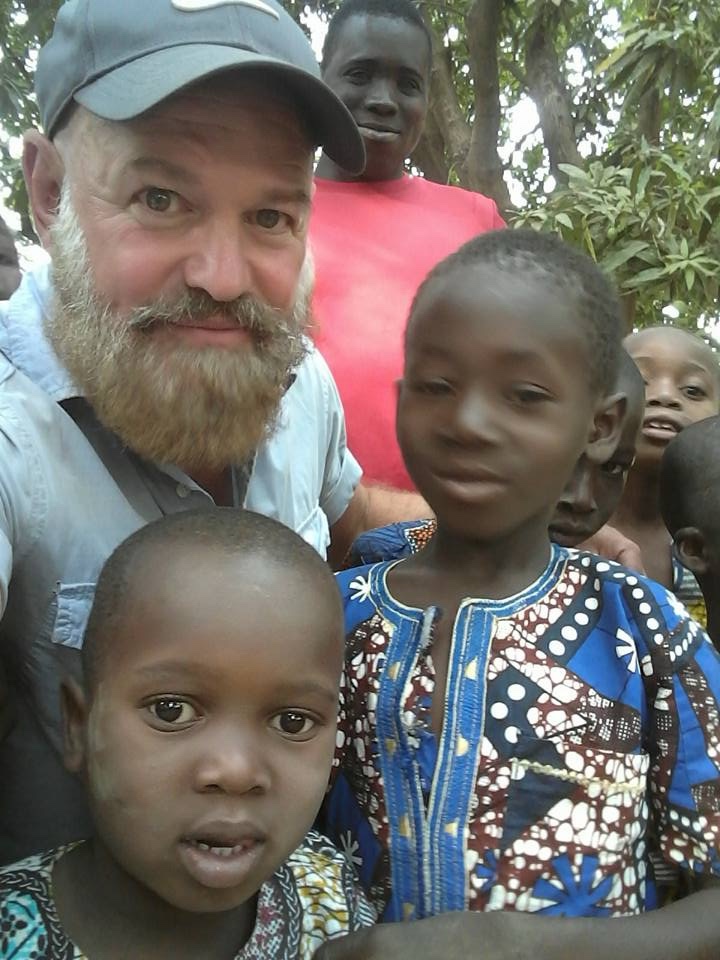
There is a third option to get the job done. I mentioned it one day over lunch, while dipping a chunk of tô into a sauce of dried fish and okra, with a little flick of the wrist to keep the viscuous sauce from dripping onto my shirt as I brought my hand towards my mouth. There are barbers in the village! I might easily go to one of them and have my beard trimmed by a pro. Why not? It would be like a ‘spa day’ of sorts, and I could do with a little simple luxury now and then. Seated under an ancient mango tree in the shade, I could relax, let someone else do the work and have some conversation into the bargain. I’d be supporting the local economy as well … but in more ways than I really want to, as it turns out. I was promptly reminded that I’m a white man… dang! It’s not that I had actually forgotten that inconvenient fact – it’s just that I stop thinking about it after a while. But nobody else forgets… Local ‘marabouts’ (Muslim witch doctors) covet the hair of white people to make their charms and amulets, and the barber would undoubtedly sell my beard trimmings to one if not several of these guys. I bet you didn’t think of that, did you?
‘Oh, come on!’ you might say. ‘What’s the big deal? A few people will make some money off of something you would have tossed in the trash. Is that so terrible?’ But the thing is, besides the fact that it is just creepy, somebody is going to part with more money than they can afford for that charm or amulet, in the false hope of healing, protection or some special kind of ‘blessing.’ I have spent enough time in Africa to see the unhappy consequences of dependence on witchcraft, just in the practical, natural realm – without even broaching the subject of all the demonic activity it invites. But what really irks me about this particular practice is not only the false belief that one can successfully manipulate and bend spiritual powers to one’s own benefit, playing god – but that a white man’s hair should be so much more valued than an African’s hair. The underlying assumption is that white people are somehow endowed with special power, favor or grace that Africans don’t have. The logic is to draw some of that favor or power onto the one who wears such an amulet or charm, to increase their chances of success, whatever the particular goal may be. But it is ‘logic’ based on a lie!
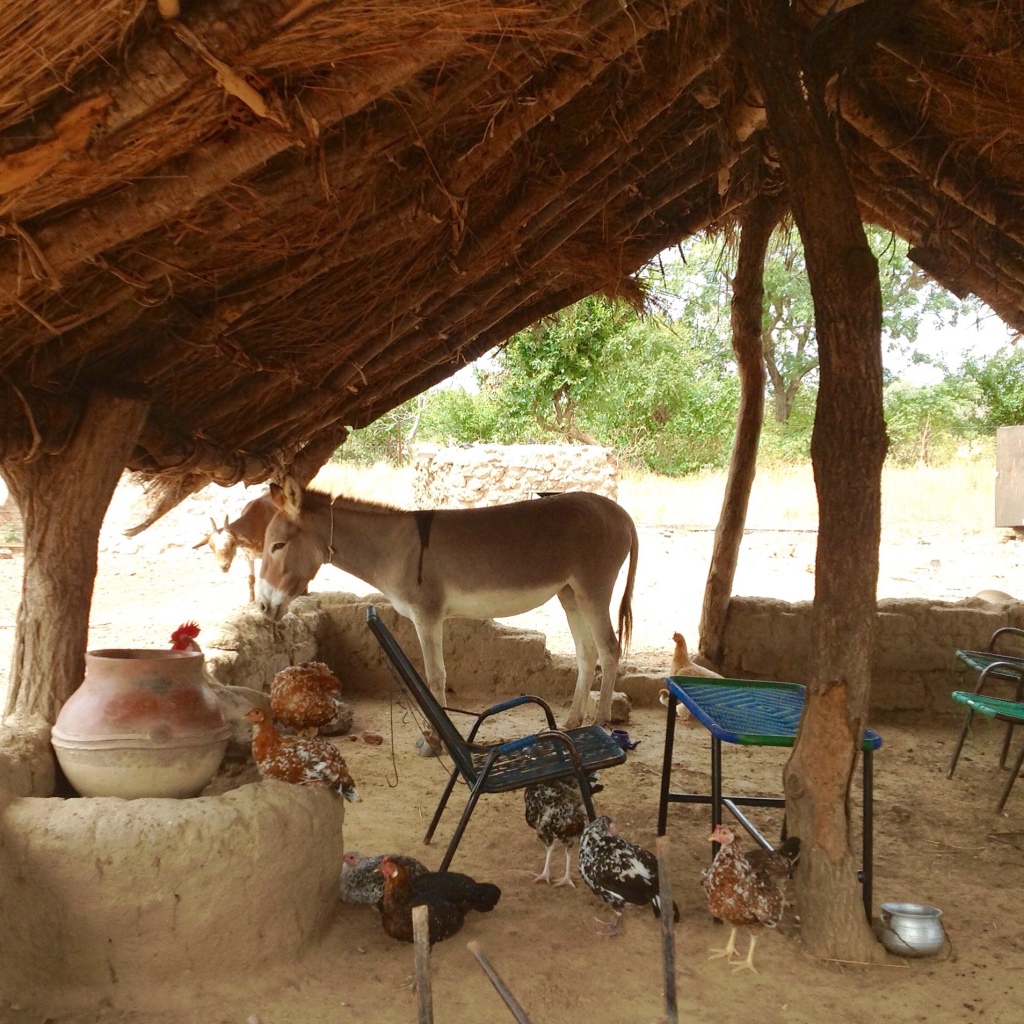
What if the lucky buyer who got that charm (with my beard hair in it) got a good dose of my timidity, or better yet, my tendency to procrastinate, or complain – instead of my better qualities. Wouldn’t that be an unpleasant surprise! He’d be much better off sticking with his own mix of strengths and weaknesses. The basic truth that each of us is made in the image of God, made to inherit grace and glory, despite our brokenness – this is the only reasonable place from which to understand our journey through life. But if you begin with the assumption that some are superior and that you are fundamentally inferior, that you started with only half a loaf, you will also assume that scheming and manipulation is the only hope you have to get hold of the rest – since God didn’t deign to bless you as He has others. In West Africa, one of the forms this takes is making deals with the shady side of the spiritual realm. No one I have met in this context is proud of their entanglements with witchcraft, and it’s rarely discussed – it’s just a ‘necessary evil’. In the more developed world, we have countless other ways of trying to manipulate people and outcomes to get hold of the ‘blessing’ that always seems to be for someone else, and not for us.
That is why I’m not interested in simply gathering people into groups that meet one day a week and then slapping a label on it that says “church,” especially if it has little impact on how we are living in the day to day! I want to see the Word of God penetrate people’s hearts, minds and relationships to the degree that false beliefs about identity, purpose and destiny (the beliefs that really determine attitudes and life choices) can be exposed and challenged. Truth really does set us free – free to not only hope for more than what we’ve known, free to not just pursue something better in life, but free to believe that God’s intentions for us are good. I think this is part of what what Jesus meant when He said ‘Go and make disciples – not converts – of all nations, all ethnic groups. Disciples are learners, apprentices to truth, people in the process of transformation, unlearning old ways and adopting new ones. A ‘convert’ on the other hand, may simply accept a new set of beliefs while continuing to live by the old, without ever seeing the discrepancy.
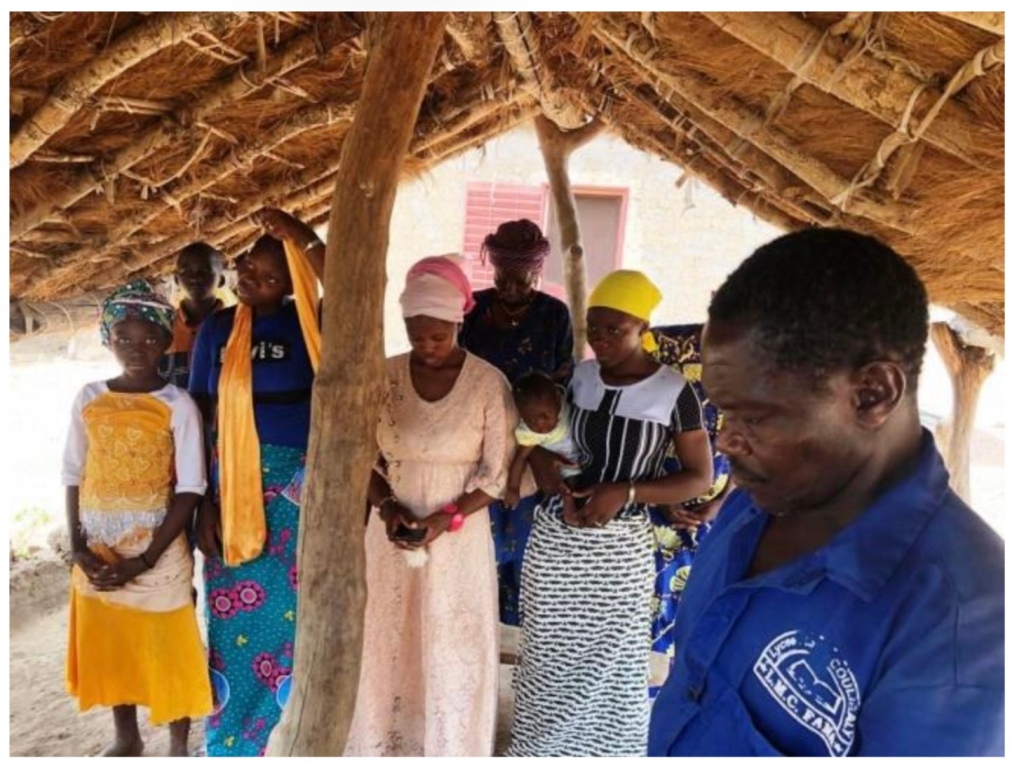
One of the most basic truths to begin with is that God values – even cherishes – all peoples equally as made in his image, and therefore as having unimaginable worth. This is powerful good news! It means that we don’t need to constantly look for ways to ‘work’ the system – whatever system you happen to be in. It means that we don’t need to employ magic or manipulation, incantations or calculations to get what we want out of people we don’t trust or from a god we can’t know (which tends to be frustrating and exhausting). It means we can trust and obey, do our best and expect the best, because we have a good Father who knows what we need before we ask Him. And He invites us to ask; no special incantations, no magic formula, and no beard hairs of a white man required.
